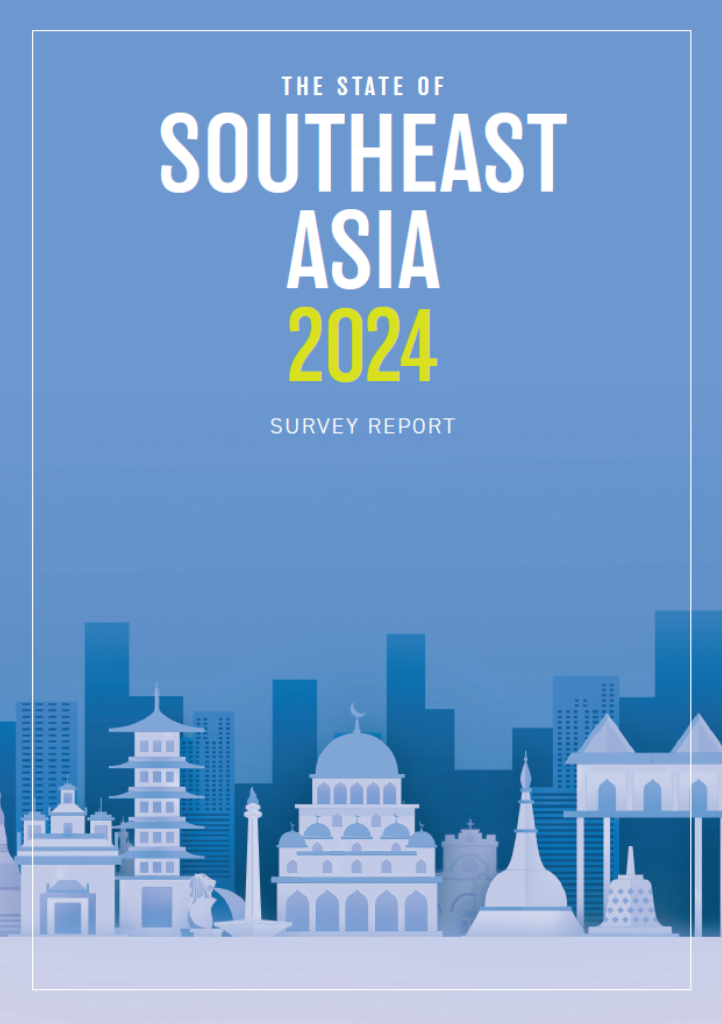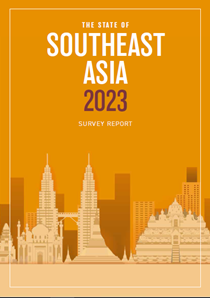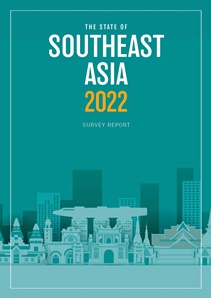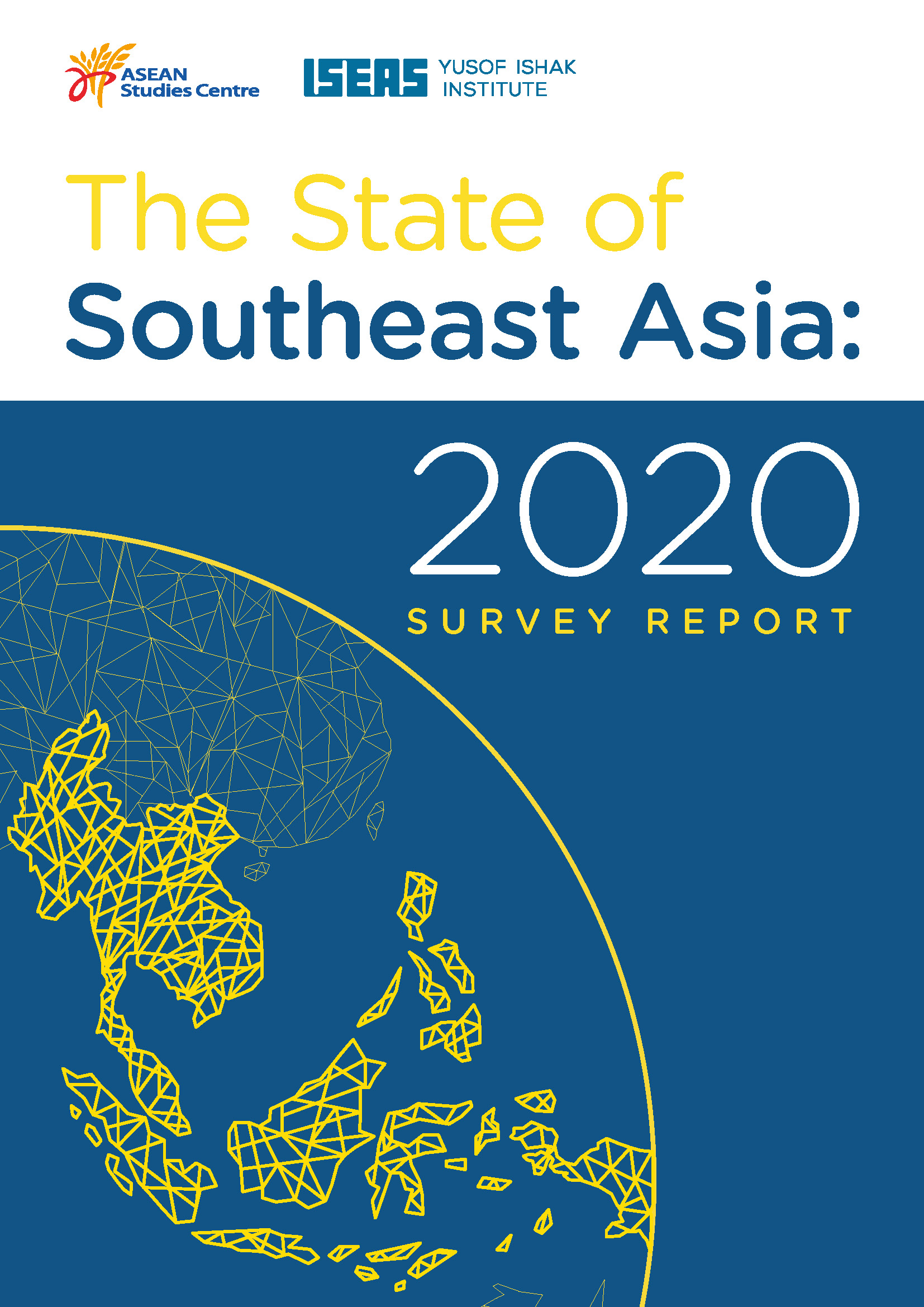
The State of Southeast Asia 2024 Survey conducted by the ASEAN Studies Centre at ISEAS – Yusof Ishak Institute reveals that Southeast Asia’s top preoccupations are with unemployment, climate change, and intensifying economic tensions between major powers. The Israel-Hamas conflict is the region’s top geopolitical concern, while China has edged past the US to become the prevailing choice if the region were forced to align itself in the ongoing US-China rivalry.

The State of Southeast Asia 2023 Survey conducted by the ASEAN Studies Centre at ISEAS – Yusof Ishak Institute reveal that Southeast Asia’s top preoccupations are with recessionary pressures, potential military tensions, and a ‘slow and ineffective’ ASEAN. China continues to be regarded as the most influential economic and political power in the region and the US has sharpened its edge over China in the event of a forced choice while Japan remains its most trusted major power.

The State of Southeast Asia 2022 Survey conducted by the ASEAN Studies Centre at ISEAS – Yusof Ishak Institute highlighted the pandemic’s threat to health, and a ‘slow and ineffective’ ASEAN as the top challenge and concern facing the region. The Myanmar crisis is seen as putting ASEAN’s centrality and unity to the test. China continues to be highly regarded as the most influential economic and political power while Japan remains the most trusted major power. Competing spheres of influence in the region and beyond are not far from everyone’s minds.

The State of Southeast Asia: 2021 Survey Report presents the findings of a region-wide online survey conducted among the policy, research, business, civil society, and media communities. For the first time, three different language options were offered: English, Bahasa Indonesia and Vietnamese. A total of 1,032 respondents from ten ASEAN member states participated in the online survey.




